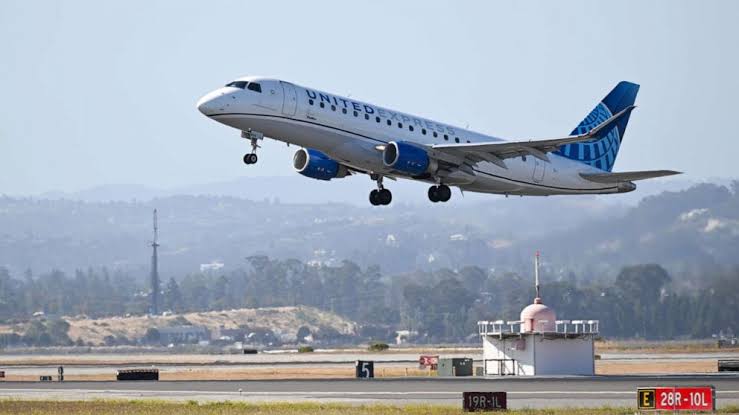United Airlines Cancelled Over 1000 Flights
On March 21, 2025, a catastrophic fire at an electrical substation near London’s Heathrow Airport led to a massive power outage, prompting the airport to shut down operations for at least 24 hours. This unprecedented closure resulted in the cancellation of over 1,300 flights, affecting hundreds of thousands of passengers worldwide.
Immediate Impact on Airlines and Passengers
The sudden shutdown of Europe’s busiest air hub had a ripple effect across the global aviation network. British Airways, the airline most affected, canceled approximately 74% of its scheduled flights. U.S. carriers, including United Airlines, Delta Air Lines, and American Airlines, also faced disruptions, though their cancellations were relatively minimal in comparison.
Passengers experienced significant inconveniences, with many stranded at airports or forced to seek alternative travel arrangements. The closure led to a surge in demand for accommodations and alternative transportation, exacerbating the challenges faced by travelers.
Response and Recovery Efforts
Firefighters swiftly responded to the blaze, containing it by early morning. Fortunately, no injuries were reported. However, the damage to the electrical infrastructure necessitated a prolonged closure of the airport to ensure passenger safety and restore full functionality.
In an effort to mitigate the backlog of flights and stranded passengers, the British government temporarily lifted overnight flight restrictions. This measure aimed to facilitate the resumption of operations once power was restored. Despite these efforts, disruptions were anticipated to continue for several days as airlines and airport authorities worked diligently to return to normal schedules.
Broader Implications and Concerns
The incident at Heathrow has sparked discussions about the vulnerability of critical infrastructure to localized failures. The dependency on single power sources for major transportation hubs has come under scrutiny, highlighting the need for more robust contingency planning and infrastructure resilience.
Financial markets reacted to the disruptions, with airline stocks experiencing declines. European carriers such as International Airlines Group (IAG), Air France-KLM, and Deutsche Lufthansa saw more significant drops compared to their U.S. counterparts. This disparity underscores the varying degrees of impact experienced by airlines based on their operational reliance on Heathrow.
Historical Context
While the scale of the Heathrow shutdown is notable, the aviation industry has faced similar challenges in the past. For instance, in July 2024, a global tech outage led to the cancellation of over 1,500 U.S. flights, disrupting travel plans for thousands. Such incidents emphasize the interconnectedness of modern air travel and the cascading effects that localized disruptions can have on global operations.
Looking Ahead
As Heathrow gradually resumes operations, stakeholders are focusing on lessons learned to bolster infrastructure resilience and emergency response strategies. Passengers are advised to stay informed about flight statuses and maintain flexibility in travel plans during such unforeseen events. The aviation industry continues to adapt, striving to enhance reliability and passenger experience in the face of challenges.






